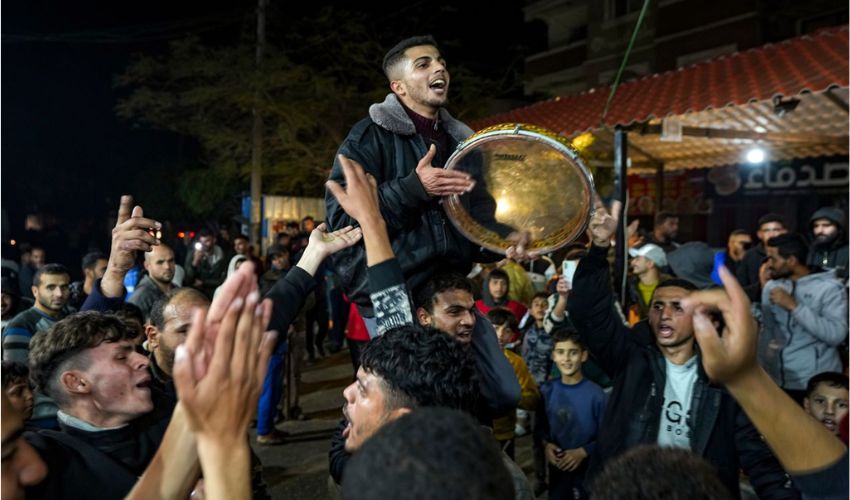The ceasefire agreement between Israel and Hamas has ignited a sense of urgency among international aid agencies to deliver vital humanitarian aid to Gaza. Over 15 months of conflict have plunged the Palestinian enclave into a severe humanitarian crisis, exacerbating food shortages, medical emergencies, and infrastructure damage.
Here’s a closer look at the reactions and plans of major aid organizations:
UNRWA: A Call for Unhindered Aid Access
The United Nations Relief and Works Agency (UNRWA), the primary aid provider in Gaza, has urged rapid, uninterrupted access to deliver critical supplies. With 2 million people depending on its assistance and 1 million relying on its shelters for food and healthcare, the agency is working to address the dire situation caused by continuous bombardment and restricted aid.
Read more: Israel, Hamas agree to ceasefire and hostage exchange
UNICEF labeled the agreement as “long overdue” and emphasized the devastating toll on children. The war has claimed the lives of over 14,500 children and left 17,000 unaccompanied or separated from their families. UNICEF is pushing to increase aid for malnutrition treatment and plans to restart vaccination programs for 420,000 children under five.
World Food Programme: Food Supplies Awaiting Access
The World Food Programme (WFP) stated that it has sufficient food for over a million people for three months, but urgent funding and reliable access to Gaza are needed. The organization called for the opening of border crossings and safe movement for humanitarian teams to ensure timely food distribution.
Red Cross: Facilitating Hostage Release and Humanitarian Aid
The International Committee of the Red Cross (ICRC) is ready to implement the terms of the ceasefire-hostage deal. Having played a role in the release of hostages and detainees, the ICRC stressed the need for meticulous planning to ensure safety. The organization is prepared to scale up its efforts but cautioned that addressing Gaza’s immense humanitarian needs will take months, if not years.
Norwegian Refugee Council: Preventing Famine and Rebuilding Gaza
The Norwegian Refugee Council (NRC) has called on Israel to lift all restrictions on aid to prevent famine-like conditions. The group highlighted the destruction of homes, schools, and hospitals and emphasized the need to rebuild Gaza’s civilian infrastructure. NRC teams are poised to expand their efforts to help families recover and rebuild their lives.
International Rescue Committee: Massive Aid Scale-Up Needed
David Miliband, president of the International Rescue Committee (IRC), emphasized the critical need for a massive increase in aid, including food, medicine, water, and fuel. He stressed the importance of safer conditions for aid workers and civilians to ensure the delivery of essential services and medical care.
Conclusion: A Humanitarian Race Against Time
As the ceasefire provides a window of opportunity, aid organizations are racing to address Gaza’s overwhelming humanitarian needs. While the agreement offers hope, substantial challenges remain, including funding shortages, logistical hurdles, and the need for long-term rebuilding efforts.



























